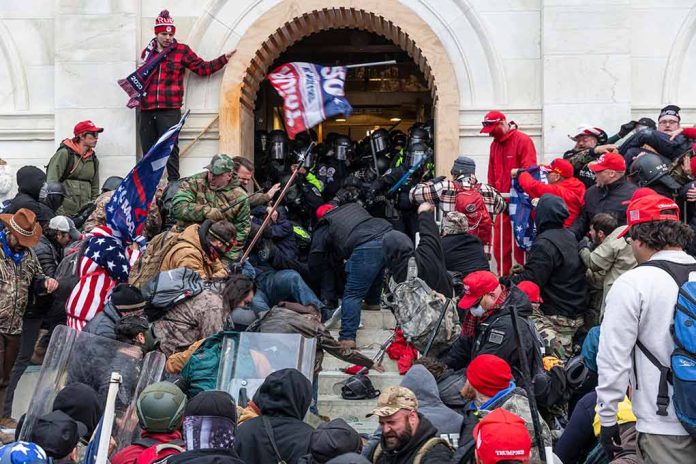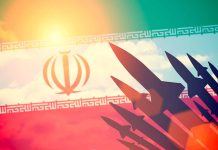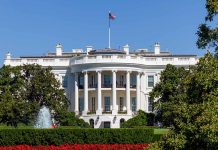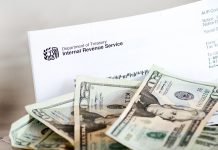
The Department of Justice is dropping nearly 50% of January 6 obstruction charges after a Supreme Court ruling, potentially shifting the legal landscape for accused rioters.
At a Glance
- Federal prosecutors are dropping charges following a Supreme Court ruling.
- The ruling narrowed the use of the “obstruction of an official proceeding” charge.
- The DOJ is redefining usage of the contested charge.
- Some rioters are being offered plea deals as a result.
Supreme Court Ruling Sparks Revaluation
The Biden administration’s Department of Justice (DOJ) has announced the dismissal of almost 50% of the obstruction charges against individuals involved in the January 6 Capitol insurrection. This significant development follows a Supreme Court decision that compelled a reevaluation of the statutory basis for such charges.
The Supreme Court’s June 28 ruling stipulated that the obstruction statute applies only to actions affecting physical evidence. This narrower interpretation forced federal prosecutors to reconsider many of the charges leveled under the original, broader understanding of the law.
The DOJ’s decision affects a considerable number of cases, as over 350 rioters had been charged with obstruction of an official proceeding. Many of these defendants had their charges dropped or reduced, impacting the outcomes of their respective cases significantly.
Biden DOJ Dropped Nearly Half Of Pending Obstruction Charges For Jan 6 Defendants After Supreme Court Ruling | The Daily Caller https://t.co/686D9mnnUC
— LeoTerrell (@TheLeoTerrell) September 11, 2024
Implications for Ongoing Prosecutions
Arthur Jackman, a member of the Proud Boys, is among those who had their obstruction charge dropped but still faces other charges. Prosecutors have also extended a plea deal to Kellye SoRelle, an attorney for the Oath Keepers, highlighting the government’s strategic shift in prosecuting January 6 cases.
The Supreme Court’s decision, which necessitated this reevaluation, underscores the judiciary’s profound influence on such high-stakes cases. Prosecutors believe that the ruling should not hinder the prosecution of all defendants under the affected provision.
Several defendants, including Gina Bisignano, who famously stormed the Capitol, had their obstruction charges dropped, leading to increased delays in sentencing. U.S. District Judge Carl Nichols has overseen multiple dismissals of obstruction charges, reflecting this legal turning point.
Future Legal Ramifications
As the DOJ reassesses the broader impacts of the Supreme Court’s ruling, the implications of this decision may extend through the summer and fall. The ramifications are not just limited to the current defendants; they could also affect the special counsel Jack Smith’s prosecution of former President Donald Trump, who faces two obstruction-related charges.
Moreover, Trump has been vocal about his willingness to stop the prosecutions and issue pardons if reelected, injecting another layer of complexity into these proceedings.
Prosecutors have begun using a civil disorder charge, carrying a five-year maximum sentence, in some instances where the obstruction charge has been dismissed. The judicial system’s evolving interpretation of pivotal legal definitions continues to play a crucial role in shaping the outcomes of cases stemming from the January 6 riots.







